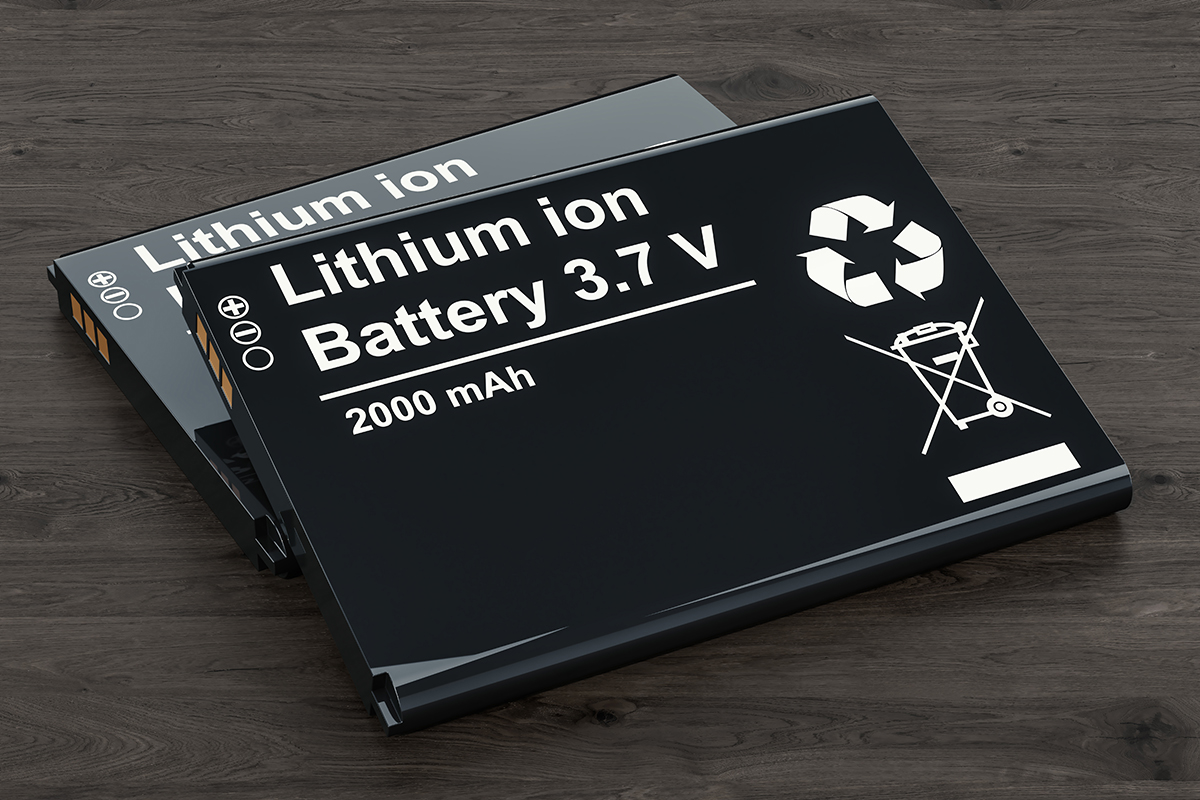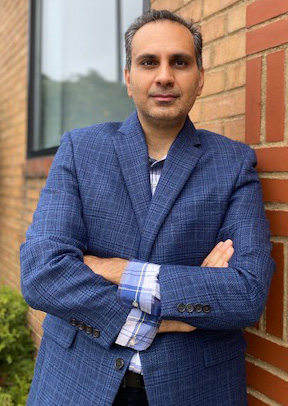Engineering and chemistry professors awarded NSF grant for safe recycling of lithium-ion batteries

Two faculty members from The University of Akron (UA) have been granted funding by the National Science Foundation (NSF) for their project titled “Partnerships for Innovation - Technology Translation (PFI-TT): Device to Recycle Scrap Cathodes in Lithium-Ion Battery Factories.” Dr. Siamak Farhad, professor of mechanical engineering, and Dr. Christopher J. Ziegler, professor of chemistry, are the recipients of this $250,000 two-year grant. The primary aim of their research is to develop a novel device capable of safely recycling materials derived from surplus cathodes produced in lithium-ion battery manufacturing facilities. This innovative work has the potential to significantly advance our scientific and technological understanding of energy material recycling, all while contributing to a more sustainable and environmentally responsible battery industry.
“This technology can scale in the future to recycle end-of-life lithium-ion batteries and reintegrate their materials into the production of new batteries,” remarked Farhad.

Dr. Siamak Farhad
Through the implementation of their innovative device, the two researchers are embarking on a mission to tackle two significant technological challenges. First, the project is dedicated to formulating solvent blends suitable for various active materials found in cathodes, all while taking into account factors such as solubility, toxicity, safety, recoverability and cost considerations. Secondly, the project aims to showcase the functionality of their scrap recycling machine, a process that will encompass two distinct phases: "process and method identification" followed by "machine assembly, testing, and a demonstration to establish its proof-of-concept."
“Using simple chemical principles, we are designing new methods for separating the components of used batteries for more optimal recycling,” said Ziegler.
Through this project, Fahad, Ziegler, and their research team will advance the fundamental knowledge of polymer solvent blending formulation and explore the effect of the blend on possible damages to active materials in cathodes, and the recoverability, safety and environmental impacts of the solvent.
The device is projected to yield substantial benefits, potentially saving 10-15% of the cathode material consumption within lithium-ion battery manufacturing facilities. This reduction in material usage could lead to a 4-6% decrease in the overall cost of domestic lithium-ion battery production. Through this project, Fahad, Ziegler and their dedicated research team will advance the fundamental knowledge of polymer solvent blending formulation and explore the effect of the blend on possible damages to active materials in cathodes, and the recoverability, safety and environmental impacts associated with use of the solvent.
Several UA graduate and undergraduate students will be directly trained in developing new technologies while also learning about technology translation and entrepreneurship.
Farhad, the principal investigator in the College of Engineering & Polymer Science, is also director of the Timken Foundation Center for Precision Manufacturing. Ziegler is the co-principal investigator and is also chair of the Department of Chemistry in the Buchtel College of Arts & Sciences.
Story by: Lisa Craig, lmc91@uakron.edu, Buchtel College of Arts & Sciences
- Media contact: Cristine Boyd, 330-972-6476 or cboyd@uakron.edu
